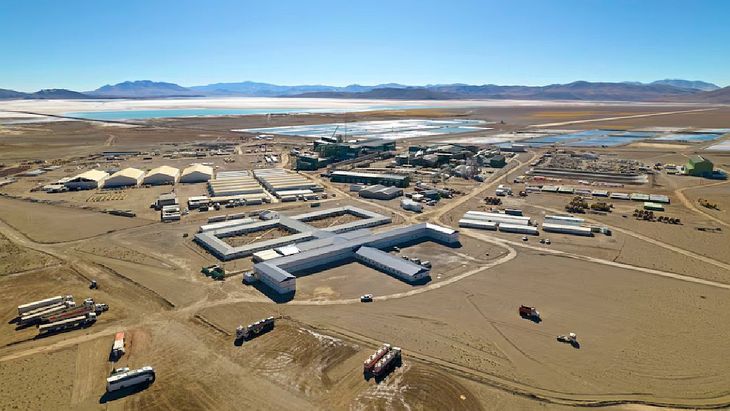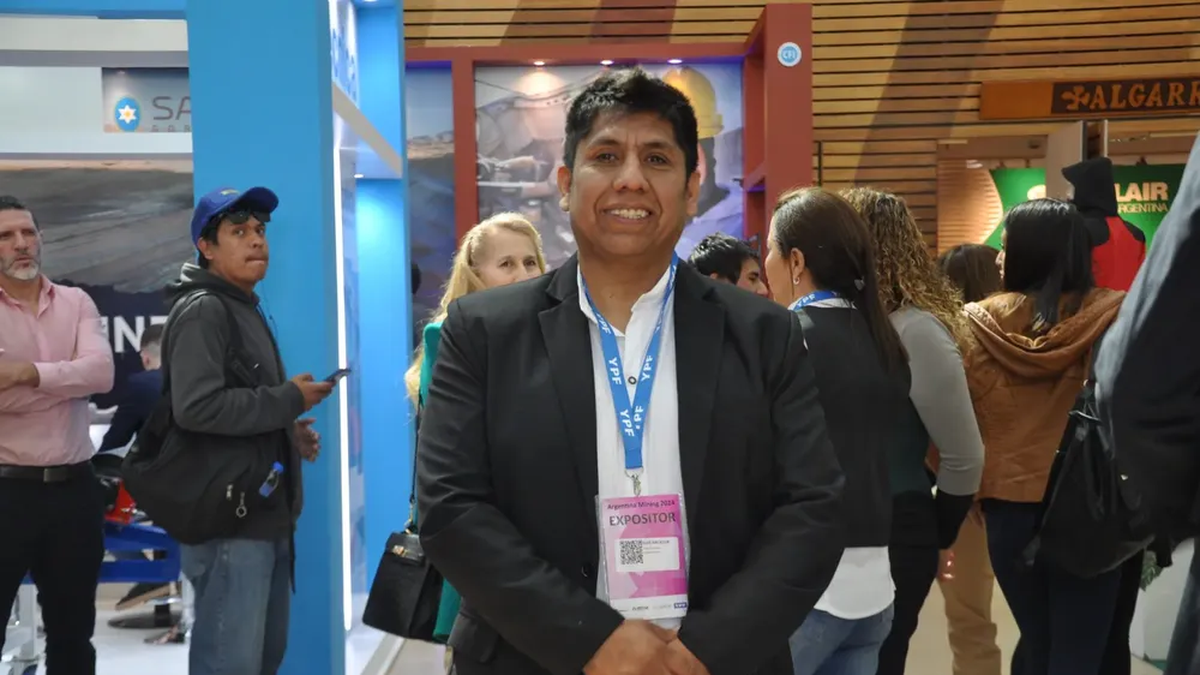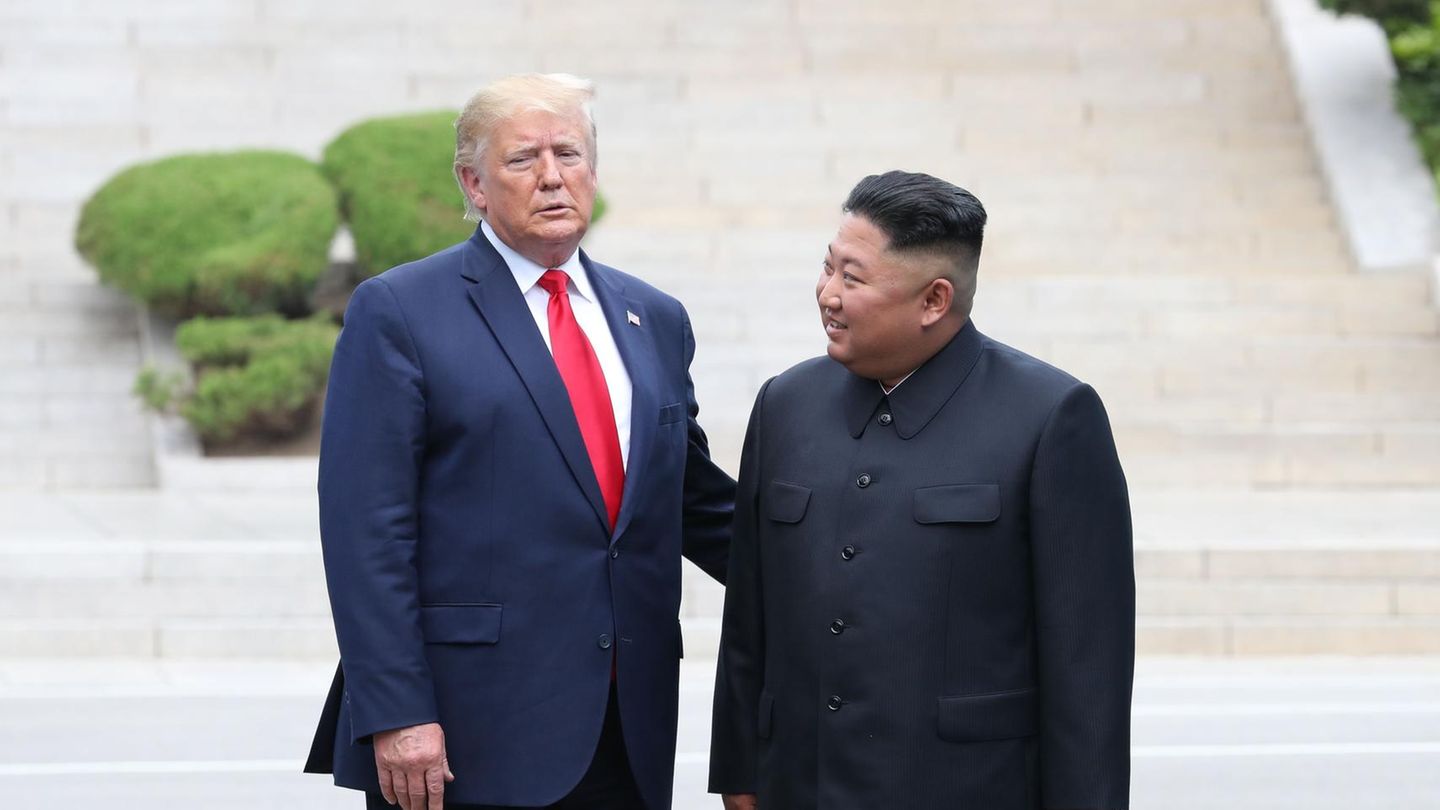Luis Vacazur: State policies today of the Government of the Province causes the Ministry of Mining to make the social tables, make visits, participatory environmental monitoring. There are many tools, there is a different arrival with the chiefs, the chief main community that accompanied us in this management.
Journalist: The social license is not stable, that is something to take care of every day, and it is not only owned by the miners, what do suppliers contribute?
LV: I am convinced that the social license depends on everyone, from the government to which he lives in the region. Because? Because if not, to obtain social license we will carry and we will facilitate all things. No, I think that before all you have to work on the values, we must raise awareness of why we need that so -called social license. The social commitment must be both from the Cacique, from the worker, from which he works in the town, from which he works in the municipality, from the authorities, this commitment has to have a uniform vision of where we want to be as an Argentine town, What do we want for our future, how are we going to develop. The mineral is underground, but if we do not take it, nothing is worth, then other generations will come that people are often worried about what will happen to the water, with the environment, but for that you have to prepare. Because? Because many times it is discussed with idealisms and not with clear, concrete and demonstrable issues.
Journalist: Mineras are required to buy local, meet the requirements of current regulations, but some mining suppliers do not meet it, is it true?
LV: That’s how it is. We preach what we do not do, so you look that the part sounds very ugly to demand the mining company. It should be the other way around. We have to embrace the investment, we have to thank you for coming, you have to safeguard investments. If not, what are we going to do? Are we like other provinces, all employees of the State, work only in the field, that everything that occurs goes outside? Who are the owners of the fields? Few. They are all workers. So we have to work, dream and look a little further with the industry. And where do I want to get there? The commitment again, the commitment where we must all train, where we must all work, where the rod equally, not only for the mining company. The mining company has the obligation because it is originally, because it is Salta, because it has to comply with the law, and it is not so. In any case, you have to force more dialogue, because I turn around, and where did I buy the trucks? Do I buy it in China? Or where do I buy the tires? Where do I buy the fuel? Where do I buy clothes? By lowering cost we all end up buying in Buenos Aires or another province. You have to look for a balance, work in the value chain. We should work in consciousness, in values, where there is equity. If I want you to give me work, I also have to generate work. If I want them to buy me local, I also have to turn and have to buy a local. It is about balancing the balance.
Journalist: days ago he participated in a public audience of the Anglogold mining company, how was that participation?
LV: The public audience was very positive. I had the opportunity to speak as a reference that has developed thanks to mining. There is a community there, which is called a desert colla to whom I respect a lot, to its cacique and its commission, which are not very much in accordance with the issue of mining development. But it has been noticed at the public audience that people do want mining. We must be a little more aware of the mining company to transmit it, there we will need the push of the State, that we try to seek a balance. Because if a community and its commission do not want mining are 50 or 100 against an 8,000 people who do want it. The community is not only the community itself, it has its legal personality, that I respect it, which also seems perfect, but that you have to look for a point of balance with the rest of the people, the rest of the people, of the citizens of San Antonio de los Cobres, of the teachers, of the army people. There are many people living in San Antonio.
Salta Luis Vacazur Gabriela Miranda Project
THE UNION OF THE ANDES
In fact there is a chemistry technicature, so we should ask, are we going to have a chemistry technique so that there is no mining? We are all crazy. Even, moreover, the mining technique, which is in the Quijano countryside, was previously in San Antonio de los Cobres, and I said that at the audience: he went to Quijano for lack of student assistance. We complain too much to say that we want to live from mining, but we don’t want mining, it’s half crazy. I think you have to work more, you have to invite you to people who do not agree, you have to hug them, you have to contain them, inform them, make us learn among all in the framework of dialogue and respect, because we believe that these things are positive Because before these issues were not done. There are old mining that are in the region, who was born there and it is from the region, the previous consultations were not made, public audiences were not made.
Journalist: There weren’t public audiences?
LV: Of course, these things were not known. Now they come to tell you, gentlemen, we are going to bring work, we are going to make the preparation, and we say no. Before they came, “tun, tun, tun”, and when you realized they were already drilling. And we talk many times that we are missing respect. I think it’s not like that, I think there is no dialogue, nothing else is not to be extremists. We are all responsible, we are all committed and we all have to fight for an Argentina, mainly a mining jump.
Journalist: How do you observe mining activity now, after a quite hard 2024?
LV: If 2024 was half slow, January was much quieter. But I want to be optimistic, I want to be positive, I want to look further, I want to put myself in the eyes of the big corporations and a little learn from them. Why did Rio Tinto buy Arcadium and they will produce 10% of the global lithium consumption?
Journalist: o Invest US $ 2,500 million to build a full potential in Salta …
LV: In addition to that, because in addition to that the purchase of Arcadium was 6,700 million dollars. So what will happen? Okay, many small projects slowed, but we know and see in the world, we study who these companies are. They are not companies that will invest for 10 or 15 years. Minimum here is 50 years being very optimistic, but as 30 years minimum. What we do know and want to communicate to the people that there are many who say that mining will end and what are we going to do, that we are going to stay in Pampa and the road. I say that mining will not end, Because the human being needs technology and if there is no mining there would be no technology, how do we do to follow the development of the human being? There must be mining.
Arcadium Lithium Fénix.jpg Project

Journalist: And without mining there is no progress …
LV: If there is no mining, there is no technology, there is no artificial intelligence, there is no development. Then, we have an advantage that we have, not only salt, borato, lithium, gold, copper, rare earths, then it will come, tantalgo, there are so many minerals that are going to be needed in the future .. people care You look, a lot for water and it seems good to me. You have to worry, but you also have to take care, but you have to see what they are doing in Chile. In Chile they are taking the water from the sea, they are desalinizing it and that is great, because Chile has been, before us, have been light years in terms of mining and even more, they are already doing it and in fact say, our Planet is a water planet. So, I think you have to look for the tools, you have to look for how to do.
Journalist: The example is very good because Chile is among one of the 10 countries that will suffer a strong water crisis and they are ahead of that situation. In Salta, should we look at what is happening in the rest of the world, so as not to reach a situation as extreme as that of Chile?
LV: Yes, but we also have to think about the industry. How many cars produces Chile, apart from mining? What industry does Chile have? Very little. Argentina produces food, Yerba, we have fields, agribusiness, mining, oil, gas, we have everything. What do we have now? Strengthen the industry. It is logical that now, at this time, it is complicated because everything is going to enter China, but I believe that the key to develop is the industry. Countries that are only producers are poor countries, it is statistical, I don’t say it. That is written. What needs to be done is work in industry. I do not say that we begin to produce lithium batteries, let’s do some added value, we give secondary lithium services, portate high school boxes, clothes, many things can be manufactured now, not only in big cities, but in the Puna, That in fact it is already done, but go further with technology, the assembly of things, there is a lot. That is an added value that adds the value chain of the Lithium industry
Journalist: Argentina has all that potential that helps technological and energy transformation …
LV: We must strengthen the local industry, because if we do only service, when the activity begins to lower, we screw us all because what work is going down. You have to make production. It does not accompany the moment, but I think it would be necessary to reinforce because it must be anti -cyrlic when things do not happen. You have to reinforce and you have to push for things to happen.
Source: Ambito
David William is a talented author who has made a name for himself in the world of writing. He is a professional author who writes on a wide range of topics, from general interest to opinion news. David is currently working as a writer at 24 hours worlds where he brings his unique perspective and in-depth research to his articles, making them both informative and engaging.




